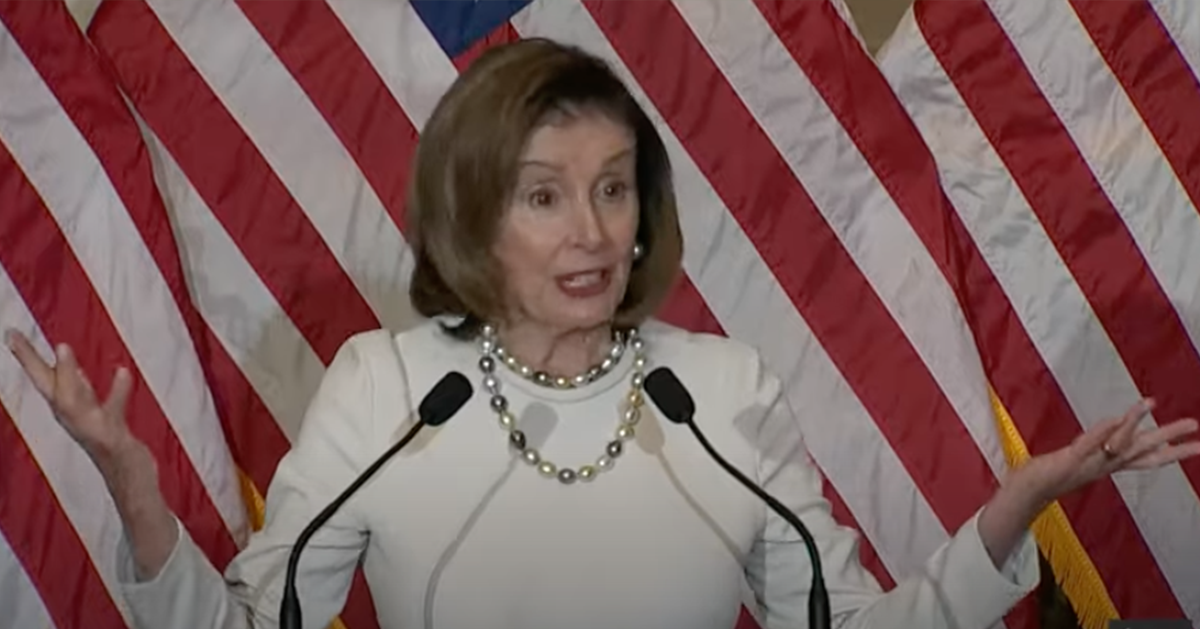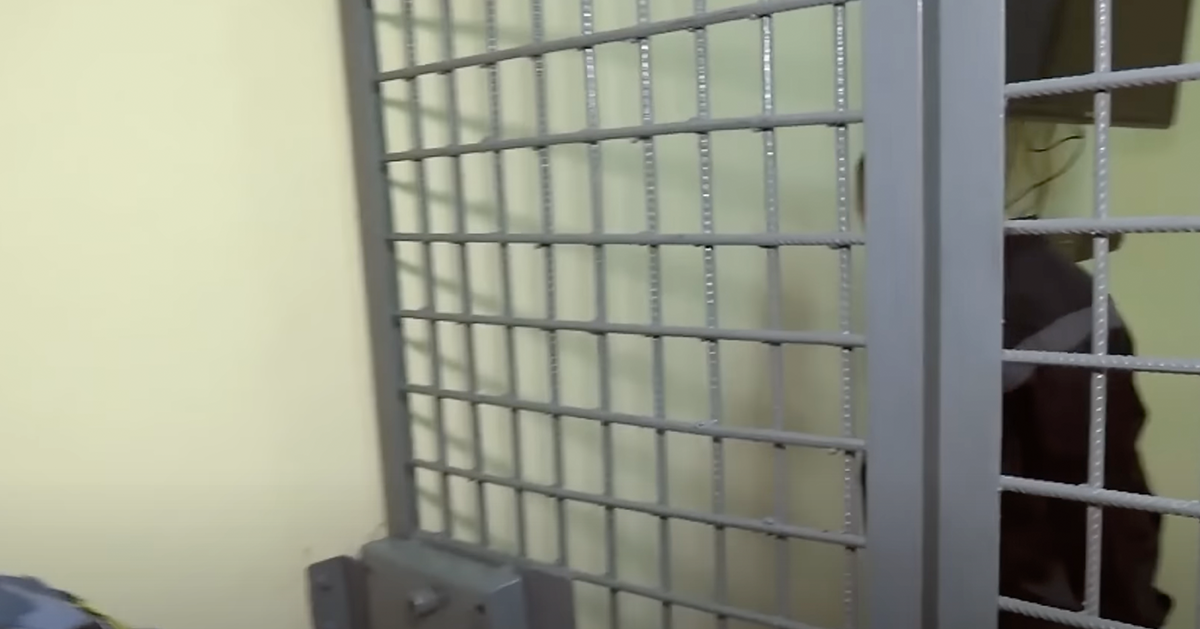The ‘Stream of Influence’: Biden's Consultation on Grandchild’s Penn Application Revealed in Texts
In an examination of President Joe Biden's connections with the University of Pennsylvania (Penn), new revelations have come to light regarding discussions that may have concerned the admissions process for his grandchildren. This scrutiny sheds light on preferential treatment within elite university admissions and raises questions about political connections.
President Joe Biden boasts a long-standing connection with the University of Pennsylvania, having a legacy that spans over three decades among his family members. Before his presidency, Biden joined the faculty at Penn, establishing a think tank that his eventual Secretary of State led.
Biden's relationship with Penn deepened through his friendship with Amy Gutmann, the institution's longest-serving president. Gutmann's career trajectory later included a key diplomatic appointment as the U.S. ambassador to Germany, a position for which Biden nominated her in 2020.
Their longstanding personal and professional connection raises questions about the potential influence of these relationships on admissions processes and institutional decision-making. Critics argue that such close ties between university leadership and influential figures like Biden could inadvertently compromise the integrity of admissions procedures and create perceptions of favoritism within academic institutions.
Ties That Bind: Biden and Penn's Historic Relationship
Documentation reveals discussions between President Biden and Penn administrators concerning his granddaughter's college application in December 2018 and March 2019. These communications involved text messages and emails, hinting at potential admissions consultations.
These findings stem from a copy of a laptop hard drive associated with Biden's son, Hunter, showcasing the interwoven nature of familial and institutional connections. However, it remains unproven whether these interactions provided an unfair advantage in the admissions process for Biden's granddaughters, Maisy and Finnegan.
Unanswered Questions and Emerging Scrutiny
The University of Pennsylvania has remained silent on individual applicants, mirroring the lack of response from several contacted figures, including Furda, Gutmann, and the White House, regarding these admissions discussions.
At the heart of the admissions discussions are texts and emails, including Biden's communication with critical figures at Penn about admissions. This includes a notable exchange with Eric Furda, the university's then-admissions director, and conversations with Gutmann.
Amid these revelations, conservative outlets have criticized Biden and scrutinized his affiliation with the Penn Biden Center. Allegations range from concerns regarding foreign donations to claims of undue influence, although Penn and Biden's advocates staunchly disapprove of these critiques.
A Looking Glass into Elite University Admissions
The dialogue surrounding these events contextualizes the broader conversation about the culture of preferential treatment within the admissions process of top-tier universities. Critics and observers alike have weighed in, expressing varying opinions on the ethical landscape of such practices.
Notably, the interactions between Hunter Biden and others suggest a familiarity with approaching influential individuals for admissions help, reflecting the blend of personal and professional networks in such matters.
Statements from various stakeholders underscore the complexity of this issue. Hunter Biden's lawyer emphasized the commonality of parental support in educational pursuits, while admissions experts voiced concerns about the fairness and optics of these interactions.
Reflections on Integrity and Educational Access
The Penn Biden Center, at the center of specific critiques, has defended itself against allegations of soliciting foreign gifts. University spokespersons have refuted claims of improper actions or foreign influence, highlighting the center's adherence to ethical standards.
Moreover, figures like Howard Fineman relayed meaningful anecdotes from Biden, situating the president's perspective on societal responsibility within the context of privilege and education. These sentiments pair with the defense from Penn Biden Center affiliates who find accusations of misconduct unfounded.
The story of Biden's consultations on his granddaughter's application at the University of Pennsylvania prompts a broader examination of not only his familial ties to the institution but also the systemic structures of privilege within elite admissions. With no evidence suggesting an inherent admissions advantage was given, the discourse pivots to the ethical considerations and perceptions of fairness within these prestigious educational settings.
Calls for transparency and equity continue as the narrative evolves, emblematic of the ongoing debates surrounding the influence of power and legacy in academia.





